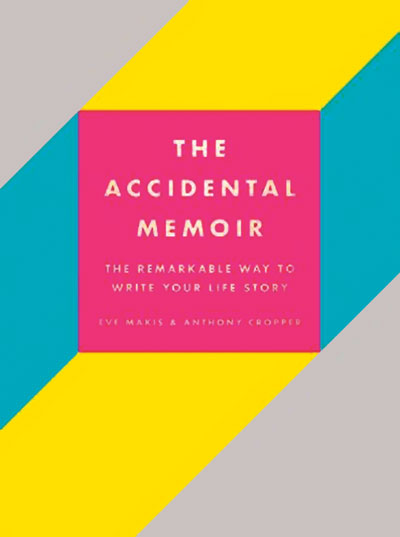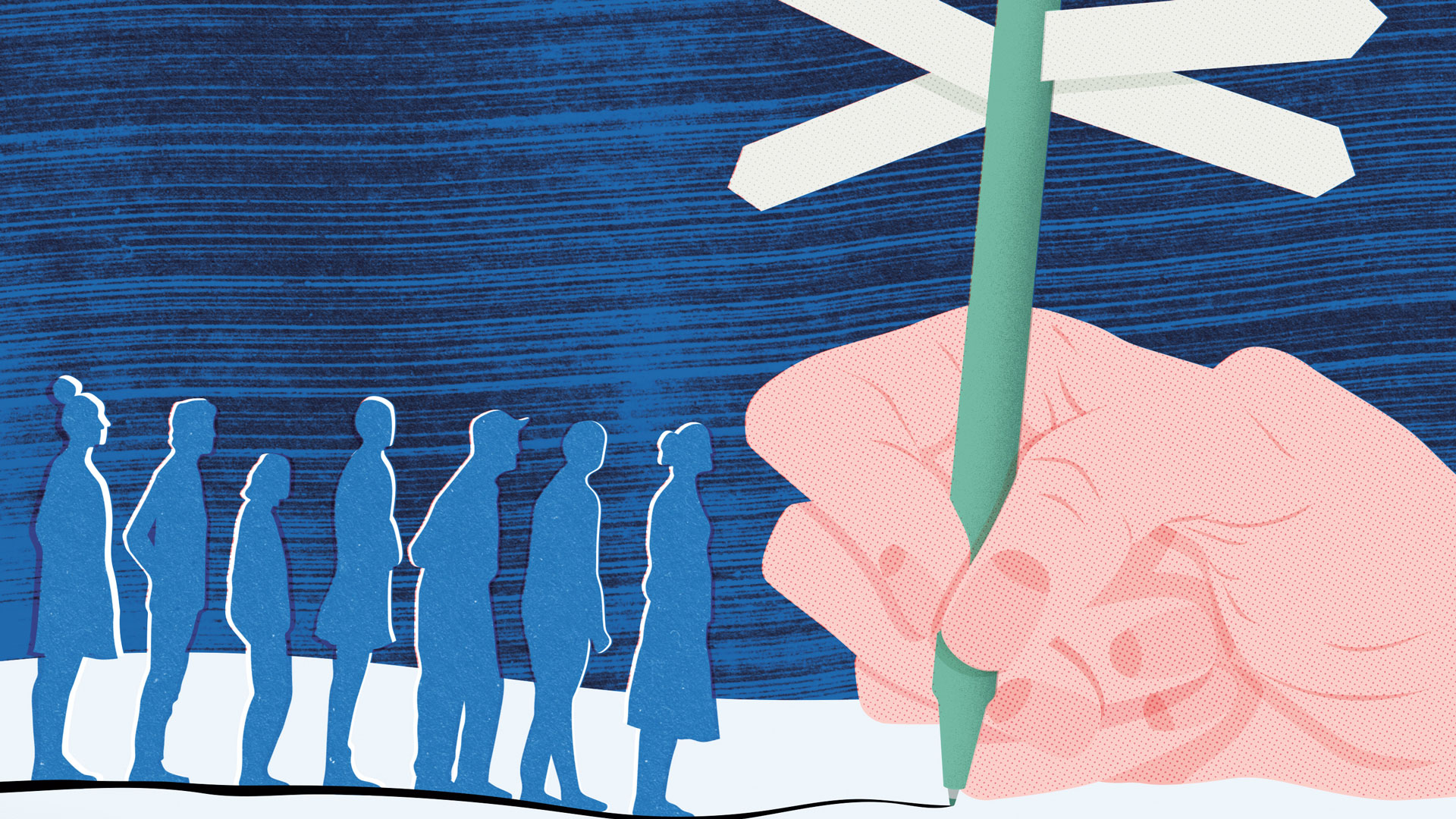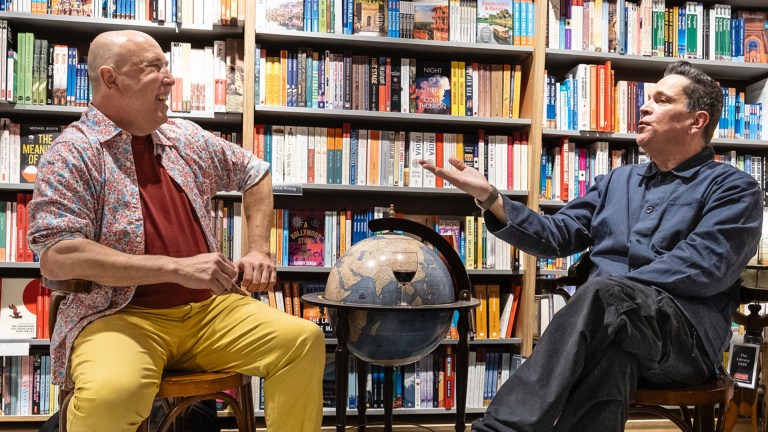The Accidental Memoir began with a dilemma: what to buy my father for Christmas. Dad was raised in a Cypriot village, his house centrally heated by the family horse who shared the living room. He travelled to England in the 1960s with five pounds in his pocket and spent his first night in a telephone box.
I had the idea of buying a notebook and filling it with prompts that would encourage him to write about his experiences. I hoped it would draw a quiet man out of his shell and help him recognise the specialness of his life.
The ability to tell a story doesn’t depend on levels of literacy or IQ
He began writing almost immediately and I discovered things I didn’t know. He’d been working on an invention for a petrol-free engine, had a flair for rhyming couplets and often thought about a younger brother who’d died in his arms, though he was “told not to bother – that God would send another.”
His stories were all written in blunt pencil. But that didn’t matter. The book wasn’t about precision or grammar or spelling.
The ability to tell a story doesn’t depend on levels of literacy or IQ. We started using a prototype of The Accidental Memoir last autumn after securing Arts Council funding to run a series of workshops in places where people weren’t normally exposed to creative writing. We ran sessions with groups of women who were on probation, with a ‘Being Dad’ group in prison, with refugees, in homes for the elderly, with school pupils. The sessions proved to be rewarding, challenging, emotional and, without doubt, uplifting.

We didn’t know what to expect when we went to meet the probation group. The women were, understandably, nervous at first but soon got going with questions like “What would you change if you were in charge of the world?”









